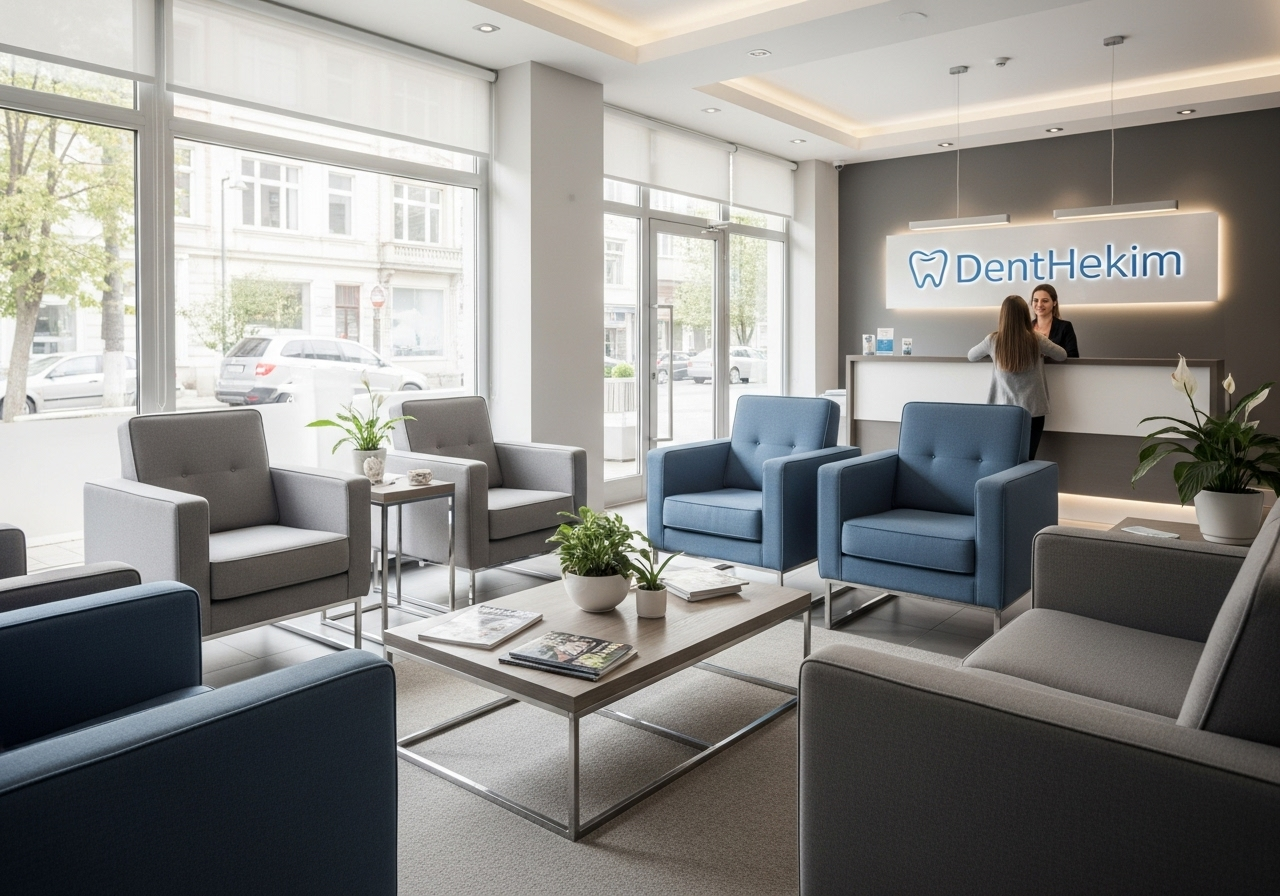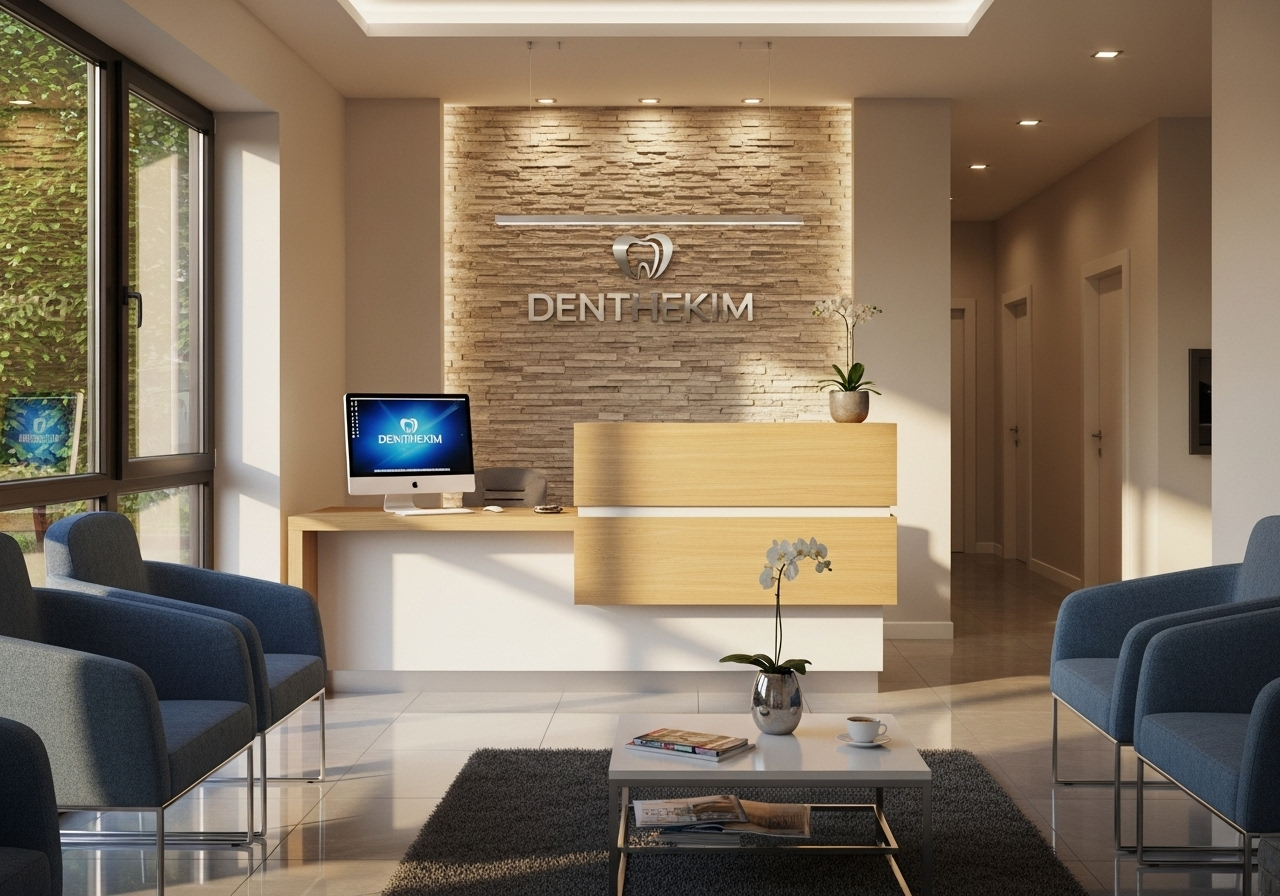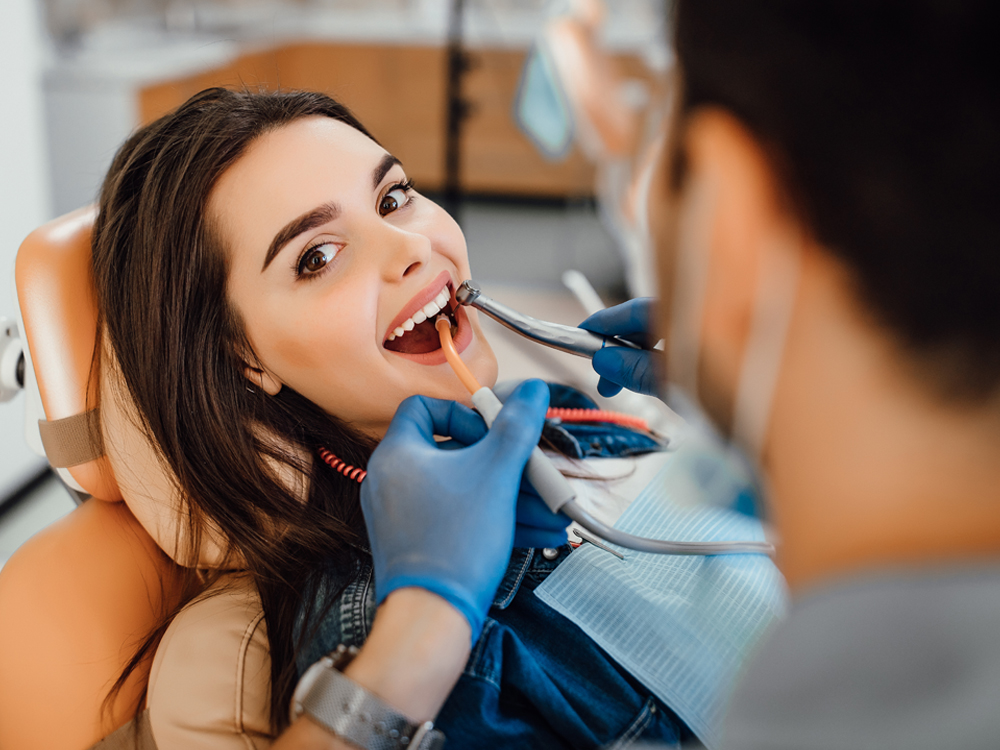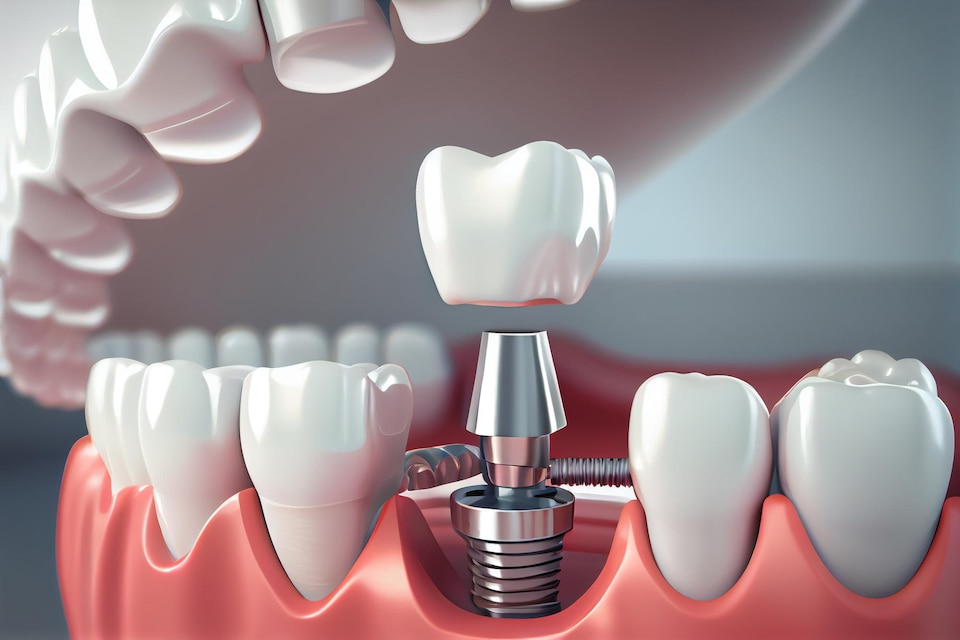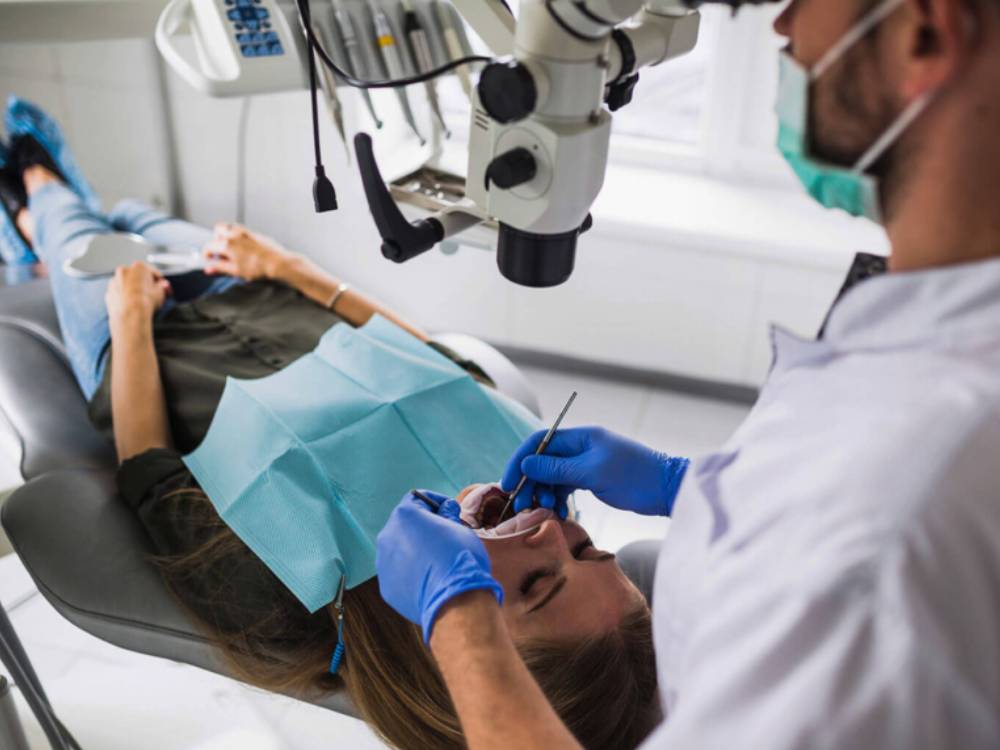Dental Clinic Qualifications: Choosing the Best in Turkey


Dental Clinic Qualifications: How to Choose a Dental Clinic in Turkey and Find the Best Dentist in Istanbul
Estimated reading time: 12 minutes
Key Takeaways
- Verify Ministry of Health Licensure: Clinics must be licensed by the Ministry of Health and hold an international health tourism authorization certificate.
- Look for ISO Certifications: International standards like ISO 9001 and ISO 13485 ensure quality management and medical device compliance.
- Assess Clinical Infrastructure: Check for digital X-rays, CBCT scanners, CAD/CAM systems, and strict sterilization protocols.
- Choose Experienced Doctors: DDS/DMD degrees, at least five years of practice, specialized training, and professional memberships.
- Prioritize Communication: Free initial consultations, multilingual coordinators, transparent cost breakdowns, and teledentistry support.
Table of Contents
- Dental Clinic Qualifications: What You Need to Know
- How to Choose a Dental Clinic in Turkey
- Find the Best Dentist in Istanbul: Key Criteria
- Denthekim Doctor Qualifications: A Closer Look
- Expert Dental Team in Turkey: What Sets Them Apart
- Patient Journey for International Clients
- Risks, Contraindications, and Alternatives
- Recovery & Aftercare (Including Remote Follow-Up)
- Cost Factors and What’s Included
- FAQ
- Conclusion and Call to Action
1. Dental Clinic Qualifications: What You Need to Know
Dental clinic qualifications begin with accreditation and certification, the backbone of safe care. In Turkey, the Ministry of Health licenses clinics and practitioners after reviewing facility design, infection-control standards, and staff credentials. Many centers also pursue international certifications such as ISO 9001 for quality management and ISO 13485 for medical devices, alongside the international health tourism authorization certificate that confirms readiness to serve foreign patients.
These approvals indicate compliance with national regulations and alignment with global expectations, creating a reliable baseline for cross-border care and transparent patient communication.
Understanding regulatory approvals helps you compare clinics objectively. Local approvals focus on Ministry of Health licensure, periodic audits, and authorization to treat international patients. Globally, reputable clinics follow recognized standards and use materials compliant with EU medical device regulations, supported by documented procurement and traceability. Non-compliance can lead to penalties, suspension, or closure, so verified licensure and visible certificates matter. Ask to see current documents; reputable clinics can show recent inspection reports, staff licenses, and clinical governance policies in plain language.
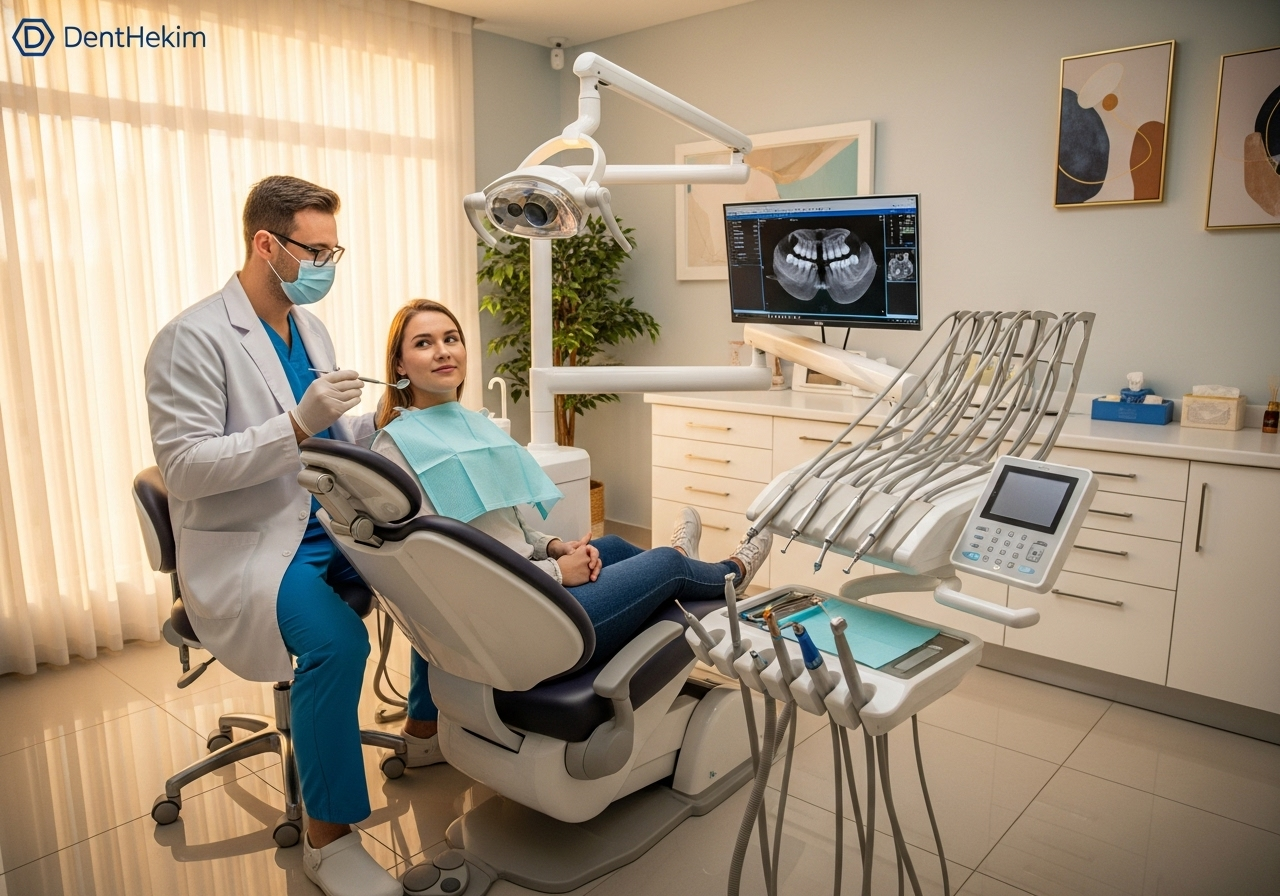
Clinical infrastructure and staff credentials complete the picture. Look for properly maintained autoclaves, digital X-ray units, CBCT scanners for 3D imaging, and CAD/CAM systems for precise restorations. Hygiene protocols should include single-use disposables, segregated medical waste, disinfection logs, and biological indicator tests. Every dentist must hold an accredited DDS/DMD, pass national exams, keep their license current, and demonstrate continuing education, including language training for overseas patients. Essential safety measures—documented sterilization cycles, emergency kits with oxygen and defibrillators, and staff trained in medical emergencies—are non-negotiable.
2. How to Choose a Dental Clinic in Turkey
Begin with verifiable reputation. Read reviews on multiple platforms—Google Reviews, Trustpilot, RealSelf—and look for consistent four-star-plus averages with detailed, dated feedback. Be wary of scripted or identical testimonials. Authentic reviews include specifics about staff interactions, pain control, and issue resolution. Reputable clinics publish case studies with consented photos and offer virtual tours so you can assess cleanliness, equipment, and workflow before traveling.
Next, evaluate services and patient experience. Ensure the clinic offers general dentistry, orthodontics, implants, cosmetic restorations, and endodontics, or partners with trusted in-house specialists. Ask if they provide guided implant surgery, which implant brands they use, and remote teledentistry after you return home. Check for free initial consultations, multilingual coordinators, and detailed written treatment plans. When comparing costs, insist on a transparent breakdown of fees—consultation, materials, anesthesia, lab work, follow-ups—and weigh these against qualifications and aftercare rather than price alone. Request referrals from previous international patients for validation.
3. Find the Best Dentist in Istanbul: Key Criteria
Start with education. Acceptable degrees include DDS or DMD from accredited Turkish universities like Istanbul University Faculty of Dentistry, ideally complemented by specialized training or international fellowships. Relevant courses may be linked to ICOI or EAO. Verify Turkish Dental Association registration and global affiliations such as FDI World Dental Federation.
Clinical experience and outcome evidence distinguish good from outstanding. For surgical or implant cases, many patients prefer dentists with five+ years of private practice and substantial annual case volumes. Review before-and-after galleries—unedited, timestamped images with patient consent. Evaluate language fluency and cultural competence; clear English or other languages reduces misunderstandings. Finally, confirm that the clinic’s safety protocols and materials align with the dentist’s treatment philosophy.
4. Denthekim Doctor Qualifications: A Closer Look
Denthekim doctor qualifications showcase how top centers recruit and sustain talent for international care. A strong profile usually includes a DDS/DMD, minimum five years of clinical experience, and specialization in prosthodontics, implantology, or endodontics. Language fluency—especially English—is essential. On the compliance side, dentists and clinics hold Ministry of Health licenses and often align with ISO 9001 and ISO 13485 frameworks, standardizing sterilization and lab communication.
Ongoing professional development is mandatory: annual continuing medical education, conferences (EAO, ICOI), and participation in study clubs or research. Multidisciplinary collaboration—general dentists, surgeons, orthodontists, hygienists, lab technicians—ensures digital treatment planning and structured case reviews. Responsible clinics track outcomes through audits and patient surveys, sharing summarized metrics on request.
5. Expert Dental Team in Turkey: What Sets Them Apart
An expert dental team in Turkey features complementary roles and a coordinated workflow. Oral and maxillofacial surgeons handle complex surgeries; prosthodontists design precision restorations; endodontists manage root canal therapy; orthodontists align bites; hygienists and nurses ensure infection control; in-house technicians fabricate crowns, veneers, and implant components for faster results. Collaboration via shared software and case conferences benefits international patients with fewer visits and a cohesive plan that anticipates flight dates, healing phases, and remote follow-ups.
Technology integration is a key differentiator. 3D CBCT imaging improves diagnosis and nerve mapping; digital impression scanners boost comfort and accuracy; CAD/CAM milling delivers precise fits quickly; diode lasers refine soft tissue with minimal bleeding and faster healing. Personalized planning—comprehensive exams, high-resolution imaging, software simulations—creates step-by-step roadmaps with clear milestones, recovery expectations, and cost breakdowns. Clinics collecting outcome data often report shorter chair times and fewer complications than traditional methods, and patient testimonials highlight smoother recoveries when workflow and technology align.
6. Patient Journey for International Clients
Your journey starts with a remote consultation. Submit X-rays, photos, or CBCT scans if available; a coordinator gathers your history and goals. A dentist proposes preliminary options, timelines, and cost ranges, explaining staged treatments if needed. The clinic advises on travel windows, e-Visa documentation, and nearby lodging. Once you approve a plan, they reserve appointments around your flights and send preoperative instructions. Many centers offer virtual tours of sterilization areas, imaging suites, and labs to set expectations.
Upon arrival, you undergo a clinical exam and updated imaging. Procedures—implants, veneers—proceed per the agreed roadmap, with clear consent and daily check-ins. Coordinators handle transport and reminders; post-procedure instructions are provided in your language. Before departure, you receive digital records, warranty terms, and a remote follow-up schedule (video calls, photo checks). If adjustments are needed, the clinic coordinates with a local dentist or schedules a second trip, balancing safety and travel constraints.
7. Risks, Contraindications, and Alternatives
Every medical procedure carries risks. Common dental risks include infection, bleeding, anesthesia side effects, nerve irritation, implant failure, bite changes, or sensitivity from enamel reduction. Conditions that raise risk: uncontrolled diabetes, heavy smoking, untreated periodontal disease, severe bruxism, or insufficient bone volume without grafting. Travel variables include limited swelling time and difficulty accessing urgent care. Alternatives: periodontal stabilization before cosmetic work, orthodontics or aligners instead of aggressive reduction, bridges or removable prostheses instead of implants, or staged treatments split between Turkey and your home dentist. A qualified clinic will discuss contraindications, suggest conservative pathways, and plan healing-focused timelines.
8. Recovery & Aftercare (Including Remote Follow-Up)
Recovery plans are tailored but share common themes. Expect detailed oral hygiene instructions, saltwater rinses, and a soft-food diet after surgery, with strict avoidance of smoking and alcohol during healing. Pain control and antibiotics are prescribed as needed. You’ll receive guidance on returning to work, sports, and flights. For international patients, clinics schedule remote video check-ins with high-quality photos at set times. They may coordinate occlusal guard fabrication or refer you to a local dentist for suture removal, bite adjustments, or hygiene. Long-term follow-up includes annual X-rays, implant monitoring, and reinforcement of personalized home-care routines.
9. Cost Factors and What’s Included
Prices vary by complexity, materials, and time. Consider diagnostic imaging, chair time, surgical difficulty, implant or ceramic brand, lab work, anesthesia, medications, and follow-ups. Many clinics bundle services—airport transfers, translation support—while lodging is separate. As a guide, single-tooth work ranges from mid-hundreds to low four figures (EUR/USD); multi-tooth rehabilitations and full arches can reach high four to five figures. Always request a written plan detailing inclusions, exclusions, warranty terms, revisit expectations, and remote follow-up format to budget without surprises.
10. FAQ
- Is dental care in Turkey safe for international patients?
- Yes—when you choose a clinic with verifiable qualifications: Ministry of Health licensure, ISO certifications, and an international health tourism authorization certificate. Safety also requires a transparent treatment plan, modern equipment, and documented sterilization and emergency protocols, plus clear pre-travel coordination, multilingual consent forms, and scheduled follow-ups.
- How long should I plan to stay in Istanbul for implants or veneers?
- It depends on your case. For single implants, plan 5–7 days for placement and initial healing, then return after 3–6 months for final restorations (3–5 days). Veneers typically need 5–7 days for preparation, lab work, and placement; complex cases may extend. Your clinic provides a personalized schedule that fits flight dates without compressing essential healing steps.
- What documents do I need for a dental tourism trip to Turkey?
- Most travelers obtain an e-Visa online. Your clinic will request passport details, medical history, and imaging in advance. Bring copies of prescriptions, allergy lists, and your primary care or dental provider’s contacts. Verify your travel insurance covers medical care abroad and confirm accepted payment methods. Keep all confirmations and post-treatment instructions accessible on your phone.
- How are complications handled after I return home?
- Responsible clinics plan this upfront. You receive a written aftercare protocol before departure, outlining steps for pain, swelling, or prosthetic issues. Remote follow-up includes scheduled video calls and photo submissions, plus urgent consultation options. For hands-on care, the clinic can coordinate with a local dentist, share records, and guide the intervention to safeguard your long-term plan.
Conclusion and Call to Action
Choosing well starts with understanding dental clinic qualifications, verifying credentials, and seeing how technology, process, and people work together. When you know how to choose a clinic in Turkey and evaluate a dentist’s training, case volume, and communication skills, you optimize safety and convenience. Reviewing Denthekim doctor qualifications and the benefits of an expert dental team in Turkey ensures an integrated, patient-centered model. Ready to explore your options? Request a free consultation, ask for a virtual tour, and get a detailed treatment estimate with timelines and aftercare terms—then Book your appointment today.
